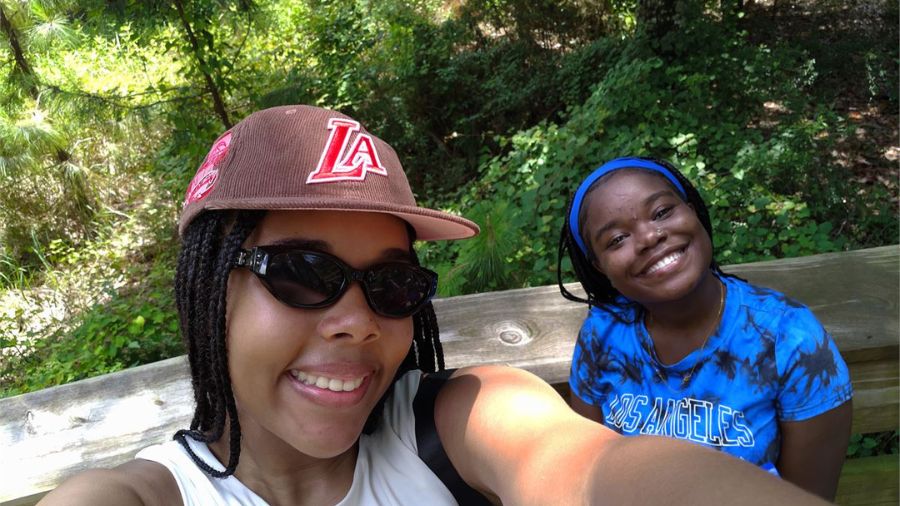Living in a new country is an exciting experience. You get to meet new people, try different foods, and learn about a new culture. However, it’s also common to feel confused or overwhelmed when everything feels unfamiliar. This feeling is called culture shock.
Culture shock happens when you move to a new place and things are very different from what you are used to. This includes things like the language, food, behavior, and even how people interact. It is a normal part of the cultural exchange experience, and it happens to almost everyone.
In this blog post, we will answer the question: “What is culture shock?”, what the common signs are, and how you can deal with it in a healthy way during your BridgeUSA exchange program.

The Four Stages of Culture Shock
Culture shock usually happens in stages. These stages can help you understand your feelings and remind you that things will get better.
1. The Honeymoon Stage
In the beginning, everything feels new and exciting. You may enjoy the different food, new surroundings, and making friends. Many people feel happy and curious during this stage.
2. The Frustration Stage
After a few weeks, you may start to feel confused or frustrated. You might miss your home country or feel tired of using a new language every day. Even small things like figuring out how to take the bus or order food can feel difficult. This is the hardest part of culture shock, but it is also very normal.
3. The Adjustment Stage
After some time, things start to feel more normal. You begin to understand the local culture better and may feel more comfortable using the language. You start creating new routines and feel more confident in daily life.
4. The Acceptance Stage
In this final stage, you feel more at home in the new country. You understand and accept the differences between your home culture and the one you are living in. You may even enjoy mixing both cultures into your daily life.
Signs of Culture Shock
Every person experiences culture shock in a different way. Some common signs include:
- Feeling homesick or lonely
- Being easily frustrated or annoyed
- Not wanting to leave your room
- Feeling tired or confused
- Trouble sleeping or focusing
It is okay to feel these things. It does not mean you are doing something wrong. It just means you are adjusting to a new environment.
Tips to Manage Culture Shock
Here are some helpful ways to feel better if you are experiencing culture shock:
- Talk to someone. Share your feelings with a friend, host family, or program advisor. You are not alone.
- Stay active. Go outside, explore your area, or join group activities. This can help you feel more connected.
- Stay in touch with home. Call or message your family and friends when you miss them. Staying connected can bring comfort.
- Be patient with yourself. Adjusting takes time. It is okay to make mistakes or feel uncomfortable sometimes.
- Learn about the culture. Ask questions, try new things, and be open-minded. The more you learn, the easier it becomes.

Culture shock is a natural part of any exchange program. It may feel hard at first, but remember it is only temporary. Many people who go through culture shock come out stronger, more confident, and with a better understanding of the world.
At Spirit Cultural Exchange, we are here to support you every step of the way. If you ever feel overwhelmed, talk to your program advisor. You are not alone, and help is always available.
Embrace the journey. With time, you will grow, learn, and make unforgettable memories.
Ready for Your Own J-1 Visa Adventure?
Whether you are a student looking for hands-on experience, a recent graduate eager to build your career, or a teacher excited to share your culture abroad, Spirit Cultural Exchange can help you take the next step. Our J-1 visa cultural exchange programs offer unforgettable opportunities to live, work, and learn in the United States while gaining valuable international experience and building lifelong connections.

